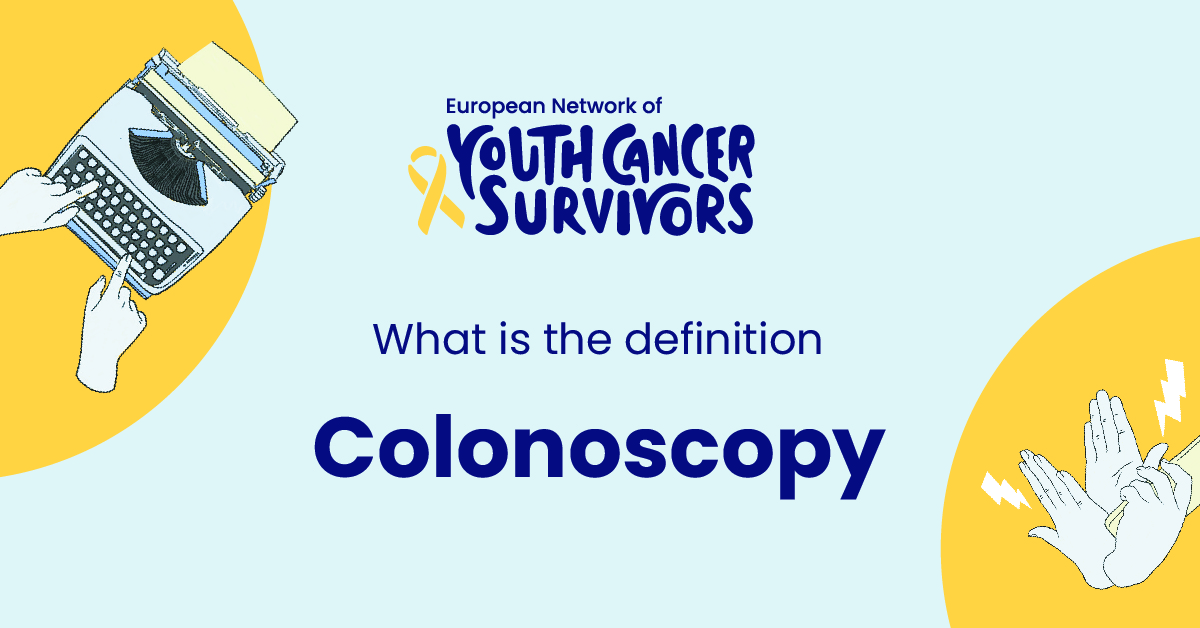 The human body, specifically the digestive system, is a marvelous network of interconnected organs, which can sometimes present numerous mysteries. Among the most efficient ways to explore these mysteries and sustain human health is through modern medical procedures like colonoscopy. This article aims to shed light on the context, application, and relevance of colonoscopies in comprehensive healthcare.
The human body, specifically the digestive system, is a marvelous network of interconnected organs, which can sometimes present numerous mysteries. Among the most efficient ways to explore these mysteries and sustain human health is through modern medical procedures like colonoscopy. This article aims to shed light on the context, application, and relevance of colonoscopies in comprehensive healthcare.
Understanding Colonoscopy
A colonoscopy is a diagnostic procedure that allows medical practitioners to view the inner lining of the large intestine, particularly the rectum and colon. The procedure employs a flexible, elongated tube- a colonoscope, which is inserted into the rectum, granting a clear visualization of the intestinal lining.
Colonoscopy as a practice traces its origins back to the 1960’s. It was pioneered by an American gastroenterologist named William Wolff and his collaborator Hiromi Shinya. Over the years, colonoscopy has evolved, incorporating advancements in technology, thus increasing its accuracy and efficiency in diagnosing digestive disorders.
The Importance of Colonoscopy
Colonoscopy serves a threefold purpose in the healthcare realm. Firstly, it is vital in identifying various digestive disorders such as irritable bowel syndrome, Crohn’s disease, and diverticulosis, among others. This aids in targeted treatment, consequently enhancing patients’ quality of life.
Secondly, colonoscopy has a vital role in the timely detection of colon cancer – one of the leading causes of cancer-related deaths in the world today. Colonoscopy can not only identify but also remove polyps (abnormal growths in the colon), which can develop into cancer if left unchecked.
Lastly, colonoscopy offers a preventive approach against the growth and development of polyps. Regular screenings allow accurate tracking of polyp development stages and timely intervention, significantly reducing the risk of colon cancer progression.
The Colonoscopy Procedure
The colonoscopy procedure can be broken down into three main phases. The first phase involves preparation, which might require several days. Patients are advised to follow a special diet and maybe prescribed laxatives or enemas. This ensures the colon is empty and ready for examination.
During the procedure, the patient lies on their side, and the colonoscope is gently inserted. The instrument provides a live video feed to a monitor, enabling the gastroenterologist to examine the colon. Sedation is commonly used to ensure patient comfort.
After the procedure, there is a recovery period. Patients are usually observed for a short while to ensure there are no immediate complications such as excessive bleeding. Rest is advised for the remaining part of the day, considering the effects of the sedative.
Risks and Limitations of Colonoscopy
Like any medical procedure, colonoscopy has its share of risks. These may be relatively minor, like gas, bloating, and cramping, or more serious, such as infection, bleeding, or perforation of the colon. Moreover, there is a rare possibility of an adverse reaction to the sedative used.
In terms of limitations, a colonoscopy may not always detect smaller polyps. Furthermore, it relies on the quality of the bowel preparation and the skill and experience of the gastroenterologist, making it subject to human error.
Colonoscopy vs. Other Digestive System Tests
While several other tests can assess the digestive tract, colonoscopy holds several advantages. For example, unlike CT colonography or stool testing, a colonoscopy can remove polyps during the same procedure. Furthermore, it provides a more detailed and comprehensive view of the entire colon compared to sigmoidoscopy or barium enema.
Get to know us better
If you are reading this, you are in the right place – we do not care who you are and what you do, press the button and follow discussions live

Conclusion
In essence, colonoscopy is an indispensable tool in modern healthcare – for the timely diagnosis, treatment of digestive disorders, and early detection and prevention of colon cancer. However, it’s essential to remember that while it’s deemed the gold standard in colon cancer screening, it is not without risks and limitations.
The bottom line is that regular check-ups and preventive health care are critical in maintaining a healthy, disease-free life. A colonoscopy is one such preventive measure that has undoubtedly proven its worth in safeguarding our collective health.
FAQs:
- What is the duration of a Colonoscopy procedure?
On average, a colonoscopy procedure lasts between 30 to 60 minutes.
- Can I eat normally before a Colonoscopy?
No. You’ll need to follow a special diet prescribed by the doctor and possibly use laxatives to ensure your colon is clean for the procedure.
- Is it possible to feel pain during the Colonoscopy procedure?
Since sedation is used during the procedure, discomfort or pain is typically minimal to none.
- How often should a person get a Colonoscopy?
Typically, a person should get a colonoscopy every 10 years starting at age 50. However, this can vary based on personal and familial medical history.
- What happens if the Colonoscopy reveals a problem like polyps or cancer?
If a problem is found during the procedure, depending on its nature, the doctor may remove it immediately or might take a biopsy to be analyzed further. A treatment plan will then be developed based on these results.






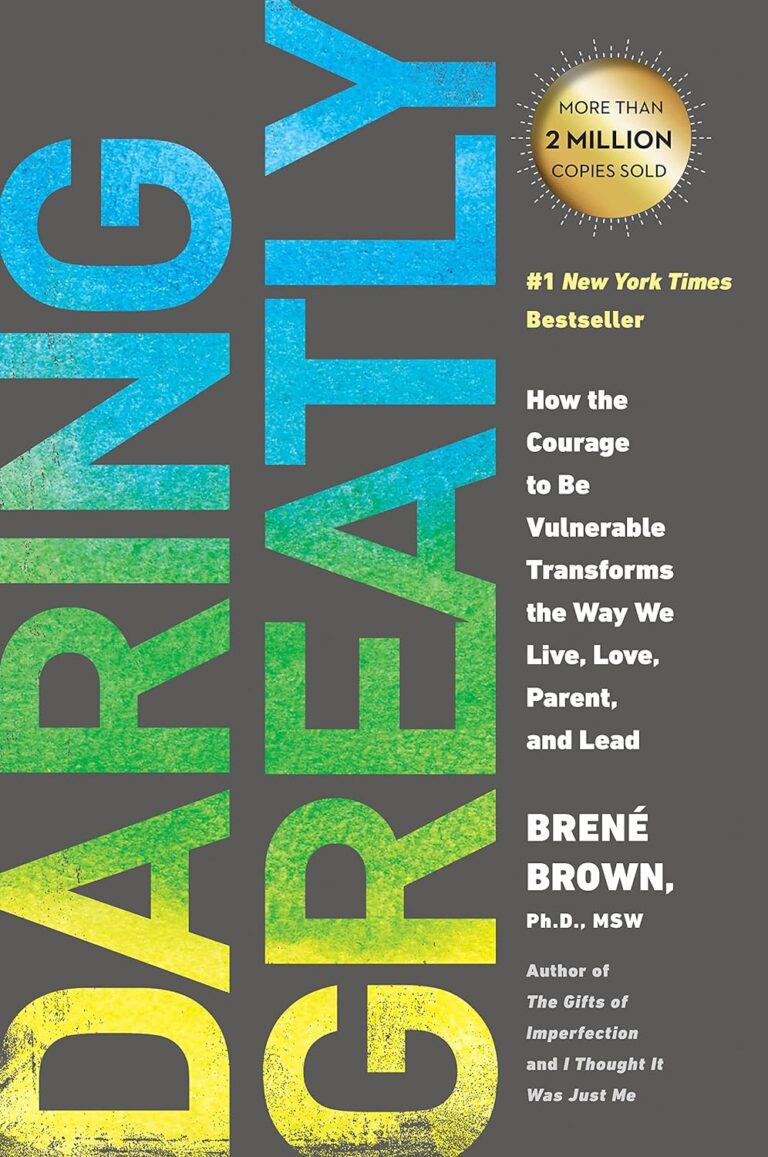
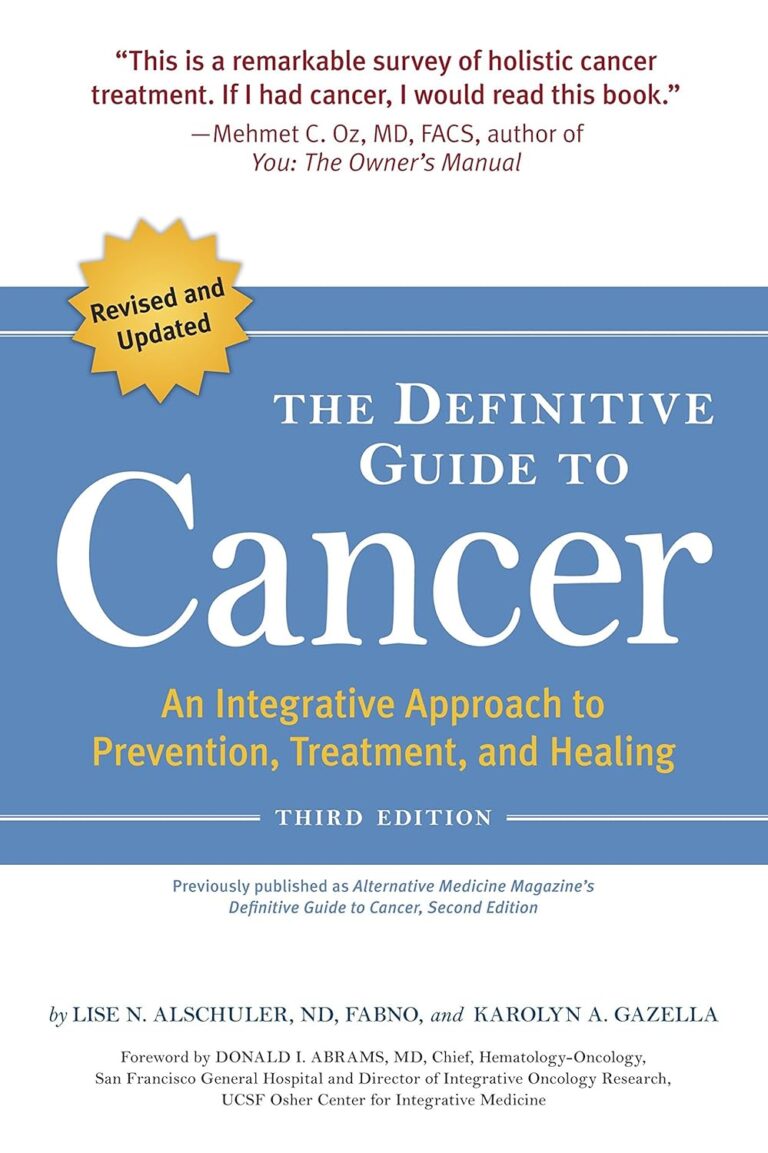
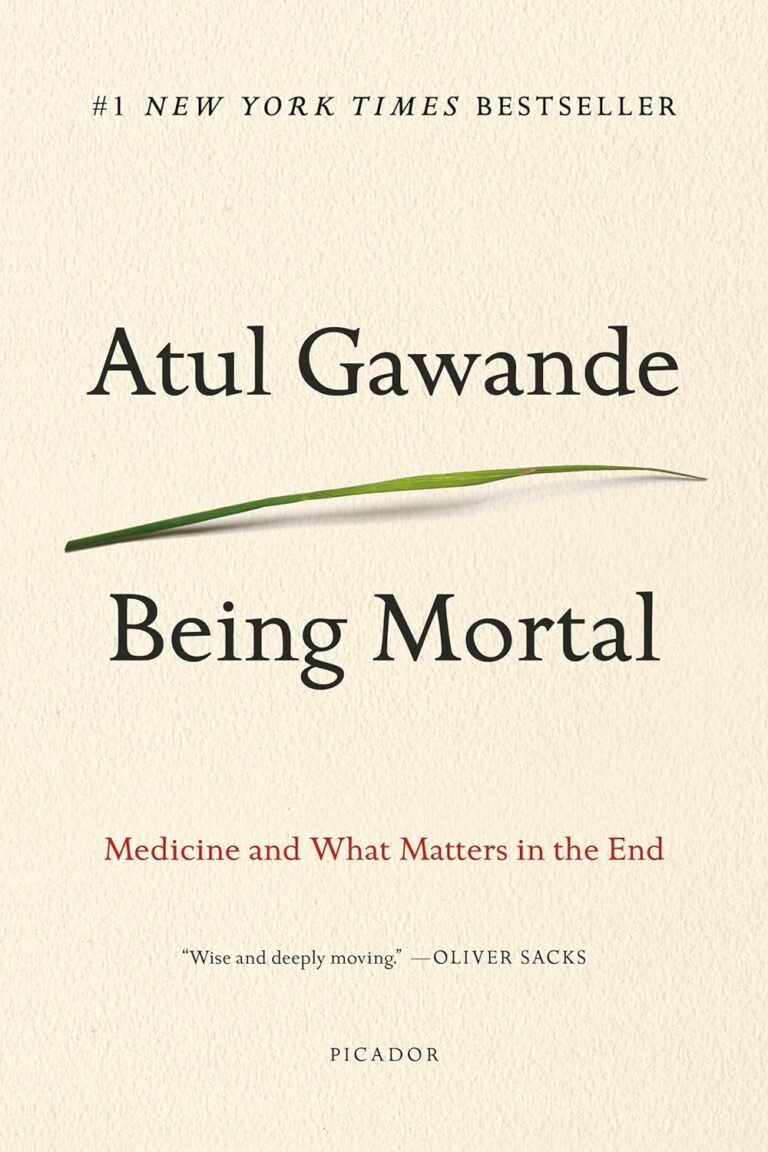
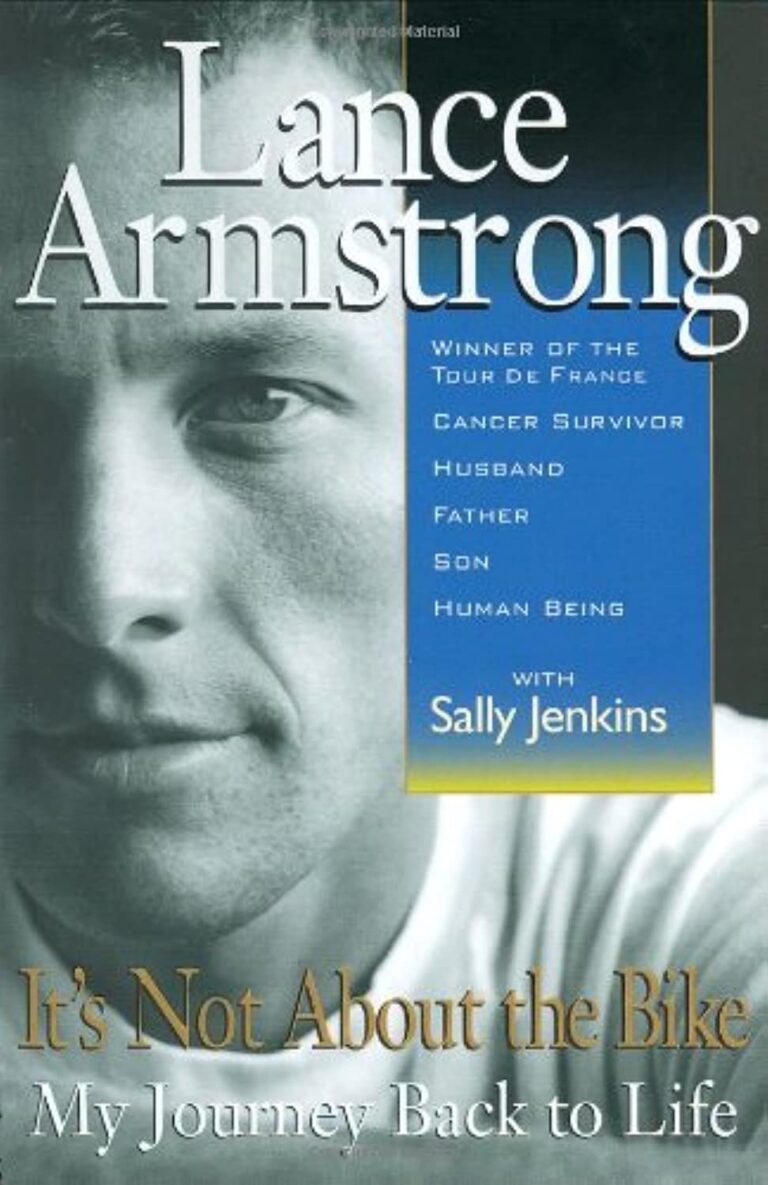
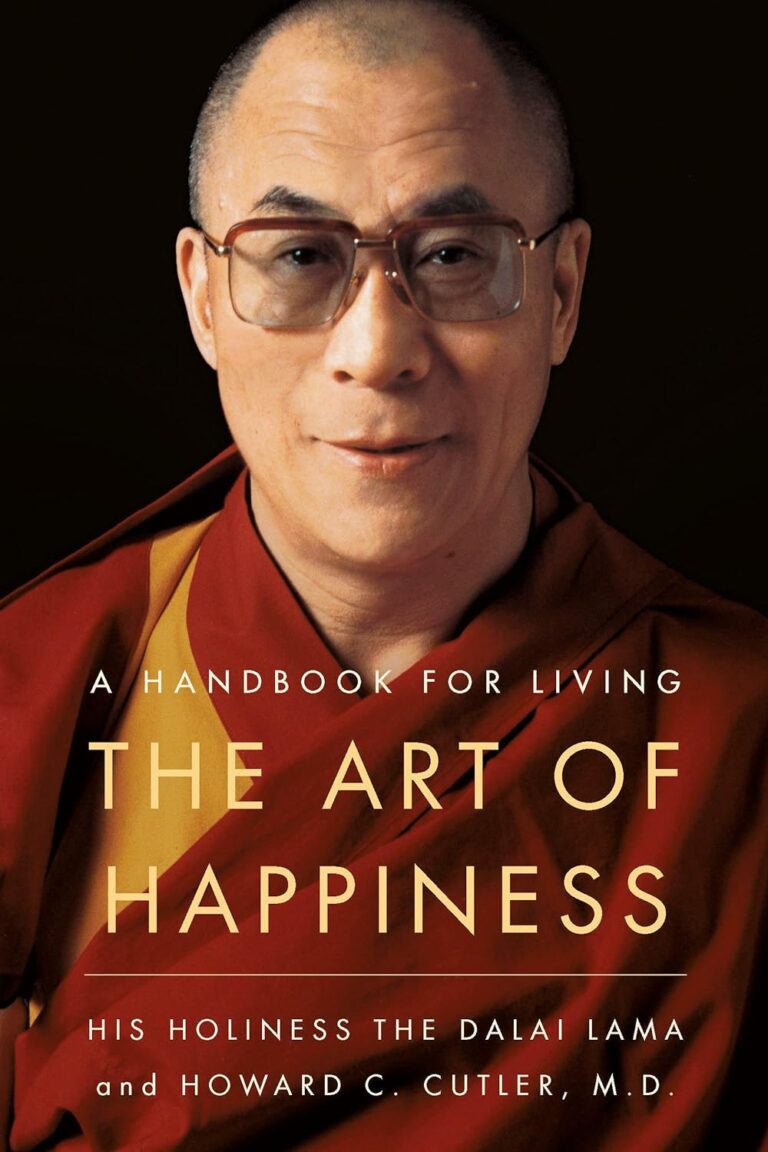
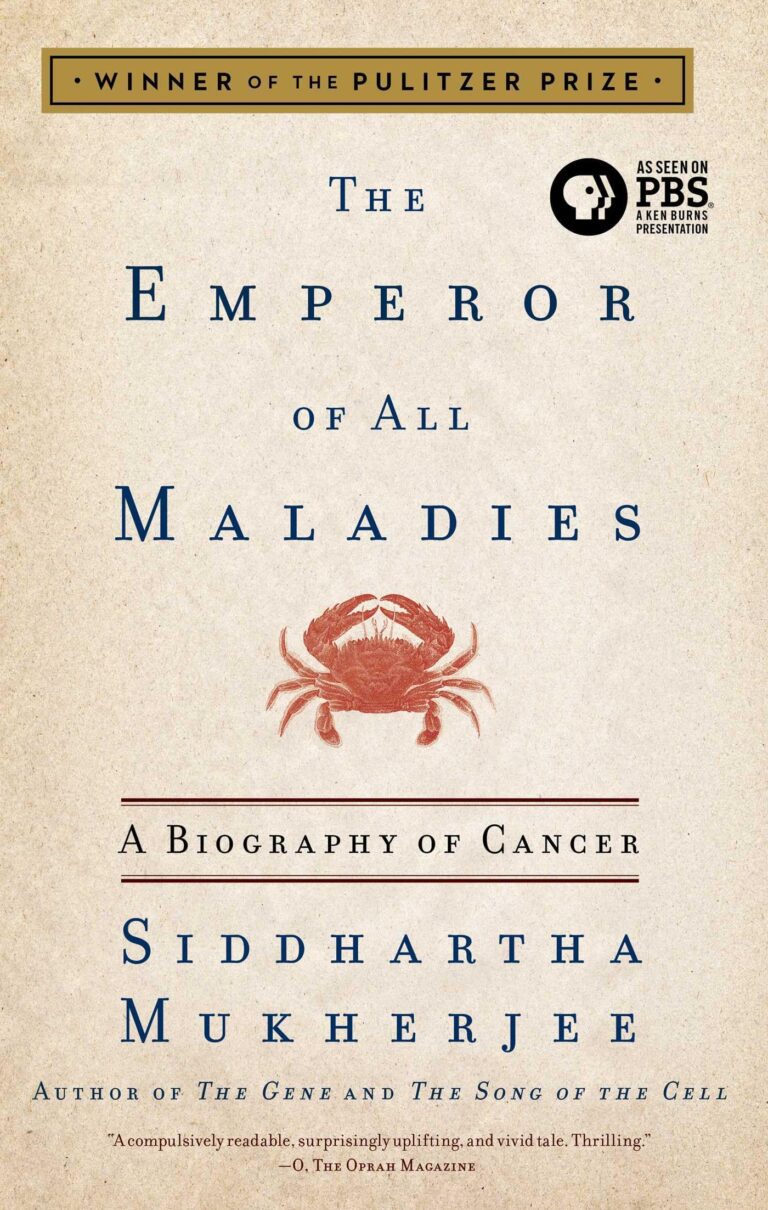


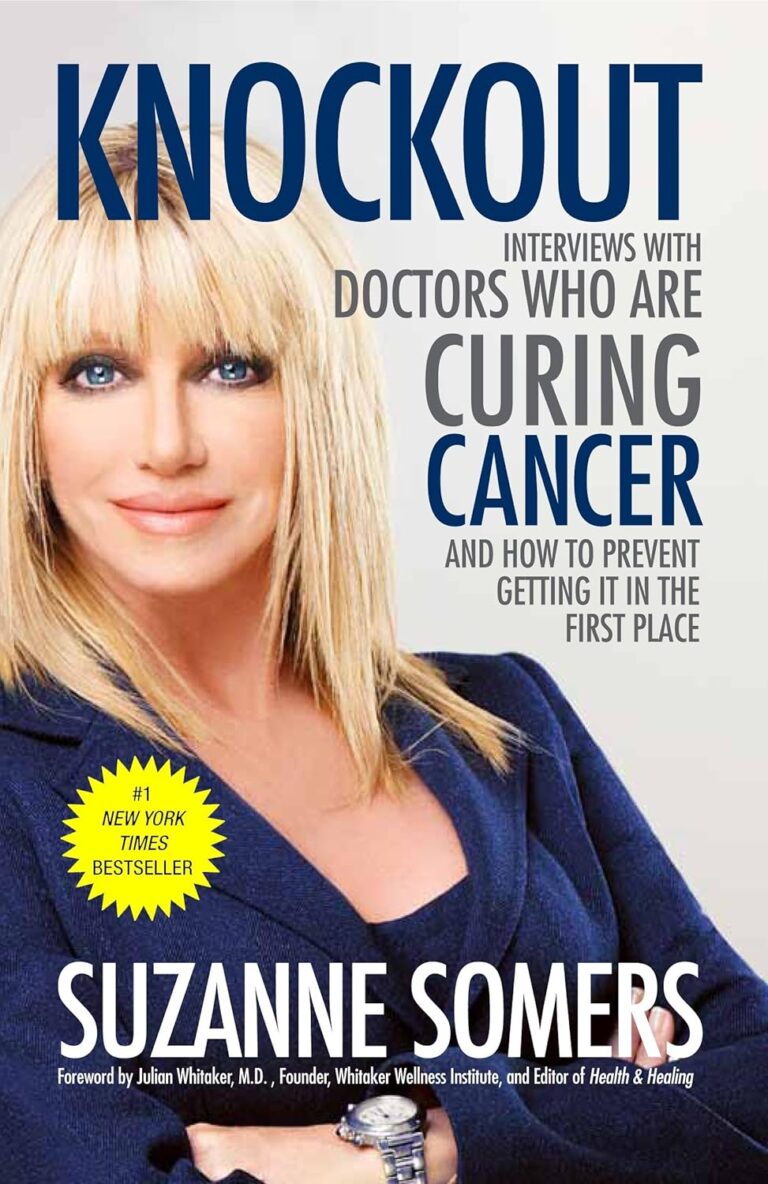
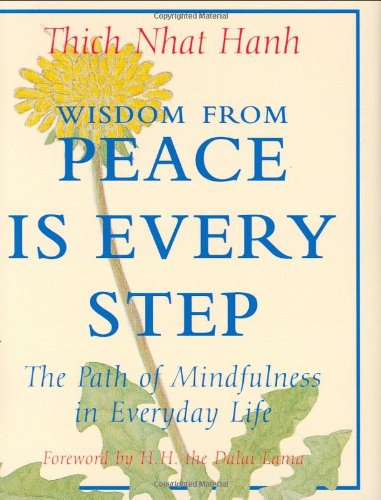

Comments
Thank you. Comment sent for approval.
Something is wrong, try again later